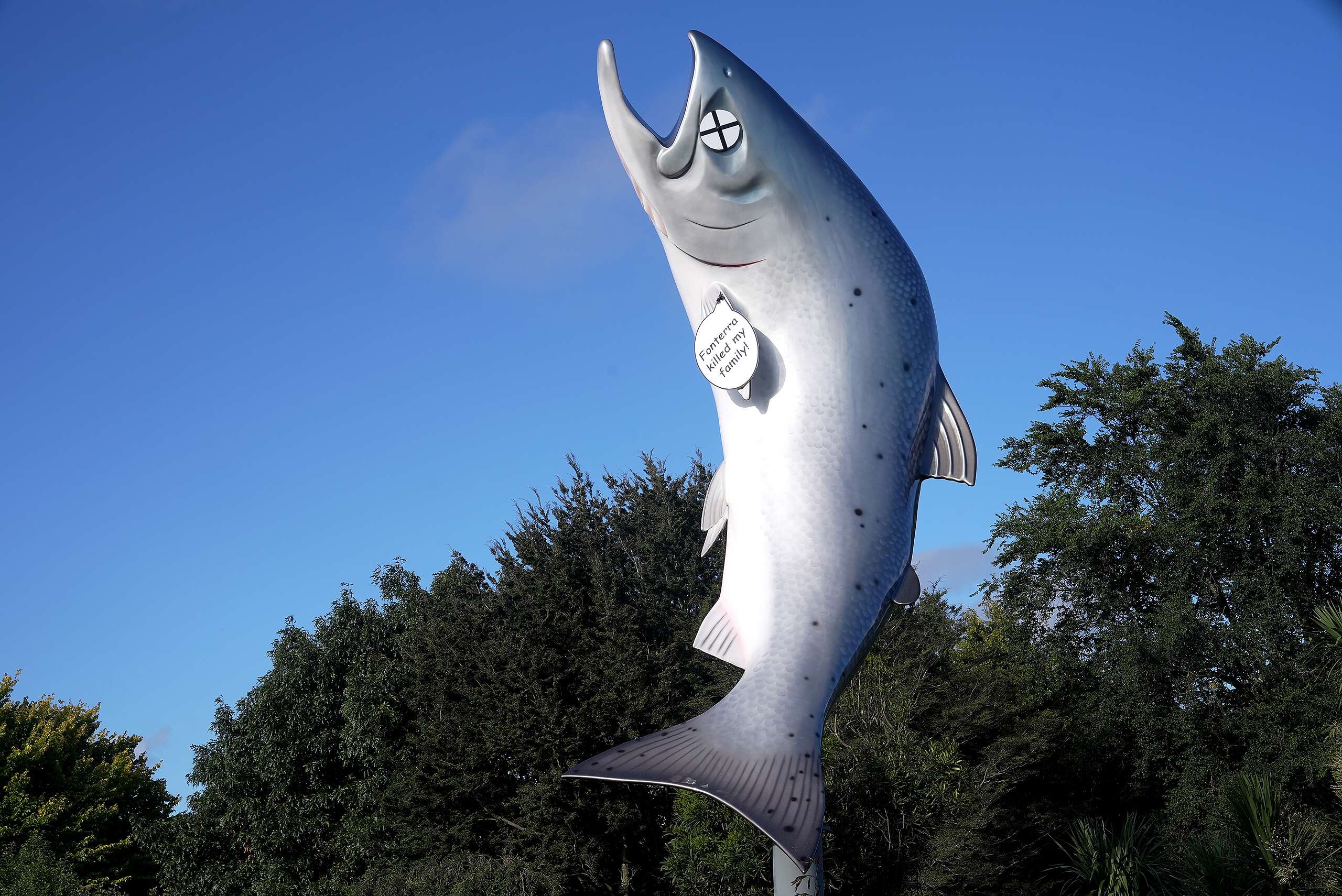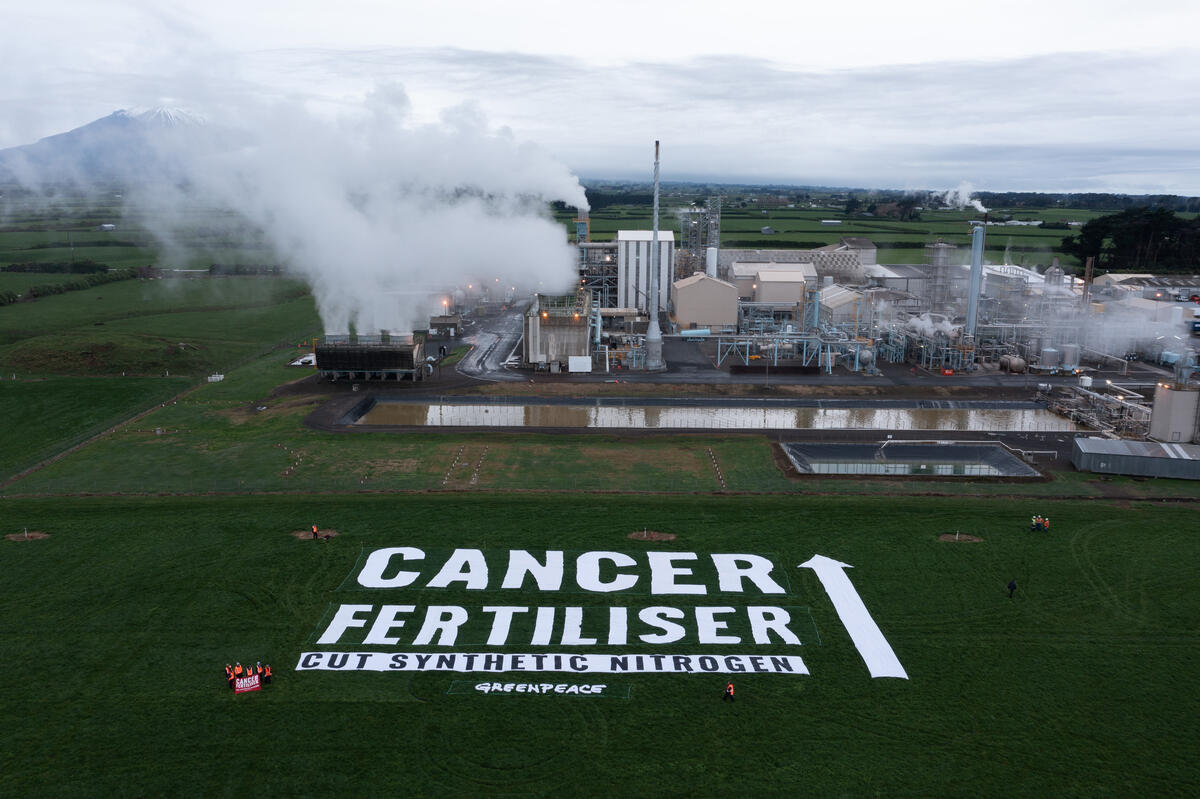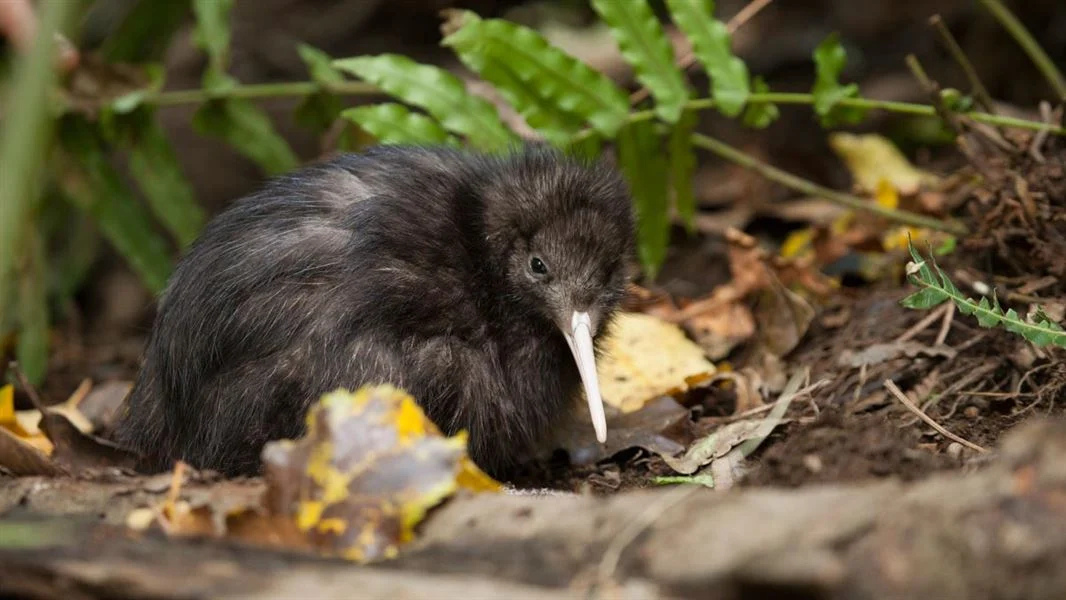“Absolutely unacceptable”. That’s Greenpeace’s reaction to water testing results today which revealed more Canterbury public water supplies are contaminated with nitrate at levels above those associated with reproductive risk.
Greenpeace finished its latest round of free drinking water testing for nitrate contamination in Darfield today. The organisation tested more than 110 water samples and found that the Darfield town water supply was above levels associated with reproductive risk.
Greenpeace campaigner Will Appelbe says “It is absolutely unacceptable that people in these communities are drinking water that is above levels associated with reproductive risks. No one should have to worry about whether the water they’re drinking could be harming them – or their baby – but right now, people on the Darfield and Springfield town supplies are exposed to potentially harmful levels of nitrate in their water.”
The Darfield supply averaged 5.45 mg/L, with all 31 samples from the town supply which were not filtered reading at levels above 5 mg/L.
Greenpeace also found that 9 private bores in the region were testing well above the legal limit for nitrate in drinking water, with the highest reading at 15.1 mg/L.
Rural communities on private bores are the most at risk of high nitrate levels in New Zealand.
“Everybody should have access to clean, safe drinking water,” says Appelbe. “However, the intensive dairy industry has taken that away from many rural communities. They profit from pollution and everyone else pays.”
Selwyn District Council has estimated that establishing a new water source with low levels of nitrate could cost more than $400 million.
Appelbe says that’s unacceptable. “It’s Fonterra and their executives – like their CEO Miles Hurrell – who have pushed for these intensive and extractive methods of farming. They have profited from cramming as many cows onto the land as possible, using huge quantities of synthetic nitrogen fertiliser to grow enough grass for all the cows. They should be the ones who pay for the contamination caused by their dairy herd.”
“Environment Canterbury isn’t off the hook either. They have enabled intensive dairy expansion, approving the addition of 35,000 dairy cows to the Canterbury dairy herd just this year. As the regional council, they’re responsible for ensuring everyone has access to clean, safe drinking water, and right now they’re not doing that.”
“The last council declared a nitrate emergency in response to the unfolding health crisis that we’re witnessing here in Canterbury. It’s time for Environment Canterbury to follow through and take action to stop nitrate from getting into drinking water in the first place – and that means tackling dirty dairy’s pollution.”



